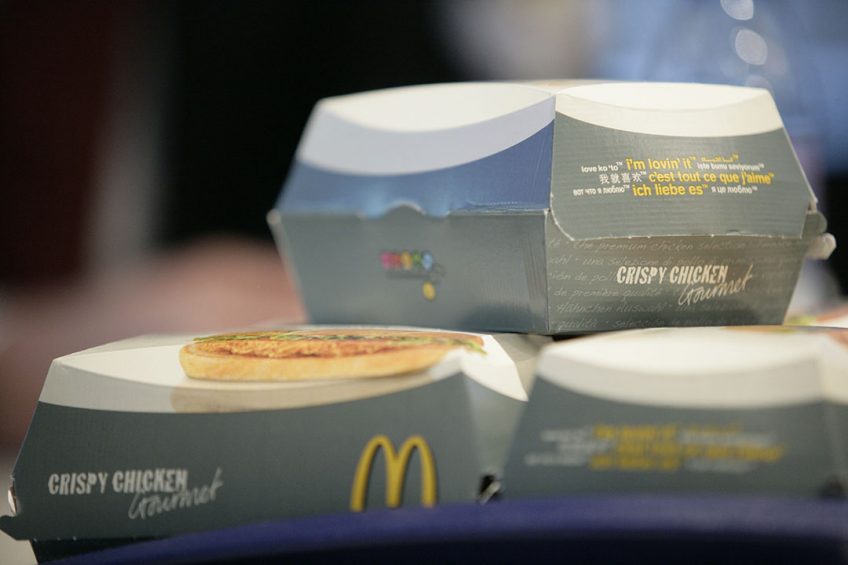McDonald’s influence on the supply chain

The news that a third of McDonald’s eggs in its US supply chain are now sourced from cage-free systems just three years after it announced it would be totally cage-free in three years shows its impact on the supply chain.
The fast food giant, which was established in 1940, buys about two billion eggs a year – almost 2% of the total in the USA. And when it made its announcement to go cage-free in September 2015, more than 200 other food businesses announced they would follow suit and change their sourcing policy. McDonald’s has opted for an aviary-style barn system for its new cage-free eggs, which are supplied in the US by Cargill, which highlighted strong demand for eggs in the US in its Q3 results.
As the supply of cage-free eggs has grown in the US, the price differential has shrunk. At the beginning of 2017 it was $ 1.80/doz, compared with just $ 0.81/doz late last year, according to Bloomberg. It demonstrates the power such a large player at the end of the supply chain has on its suppliers, and the impact it can have on farming practices. Consider other major retailers and foodservice providers that have announced changes to their sourcing policy. Nestle, for example is committed to cage-free eggs globally by 2025 and will switch to slower-growing broiler breeds for its poultrymeat products in the US and Europe, by 2024 and 2026 respectively.
Or Perdue Farms in the US, which now produces 95% of its poultry antibiotic free, and advertises the fact it does openly. In the UK, windows in broiler farms will soon be more or less universal, and almost every retailer in the country has announced a move to cage-free eggs – whether free-range or barn replaces them remains to be seen.
“McDonald’s works hard to know its supply chain well and understand the challenges producers face,” Kristin Tupa, egg sustainability lead at Cargill said about McDonald’s egg sourcing. “This is important because together we are literally creating the supply of cage-free eggs.”













